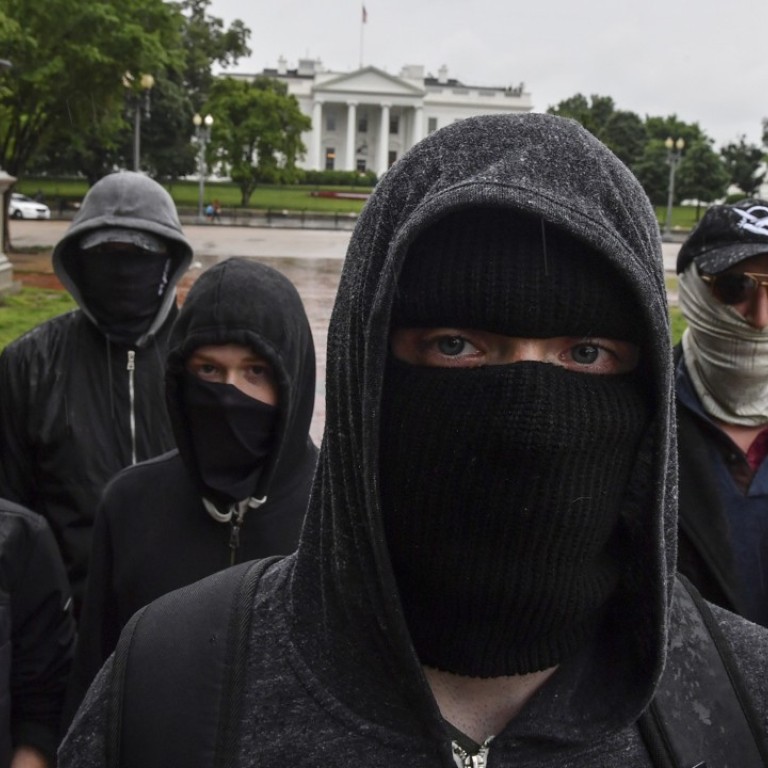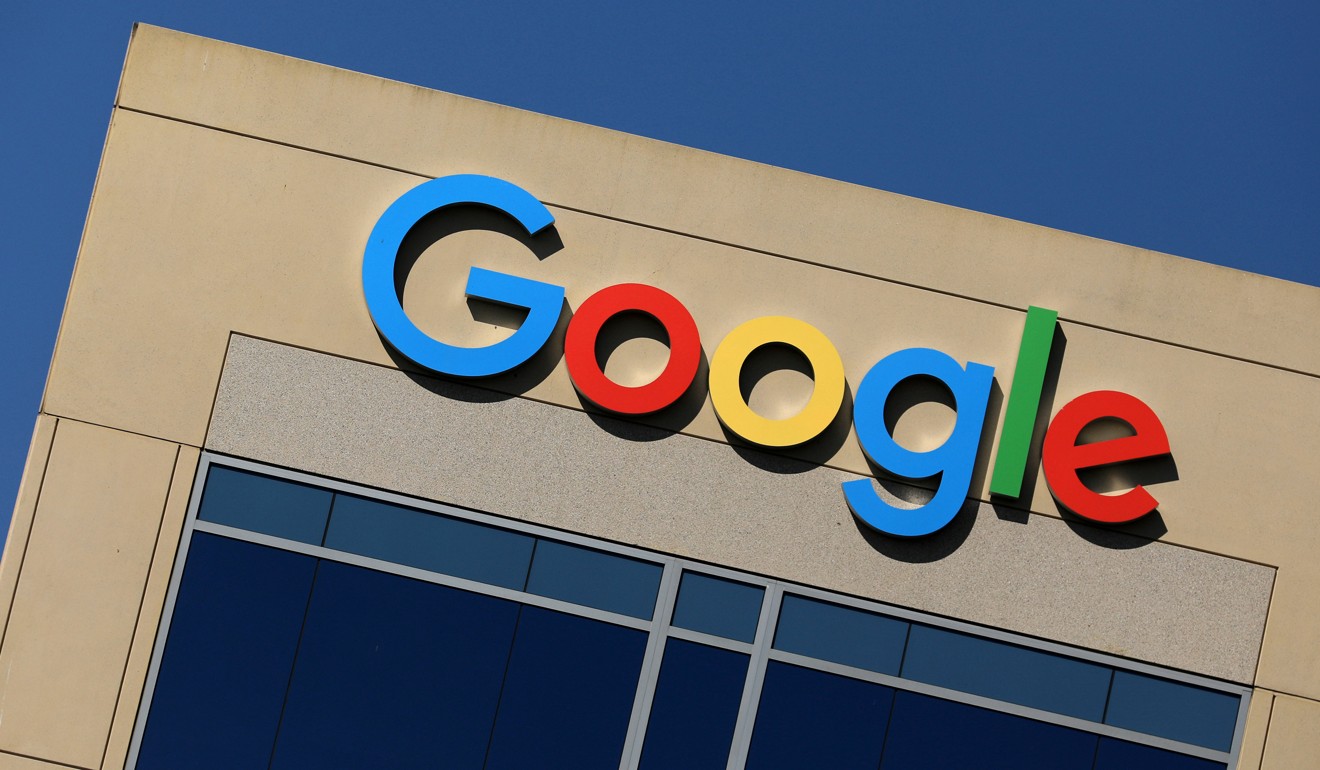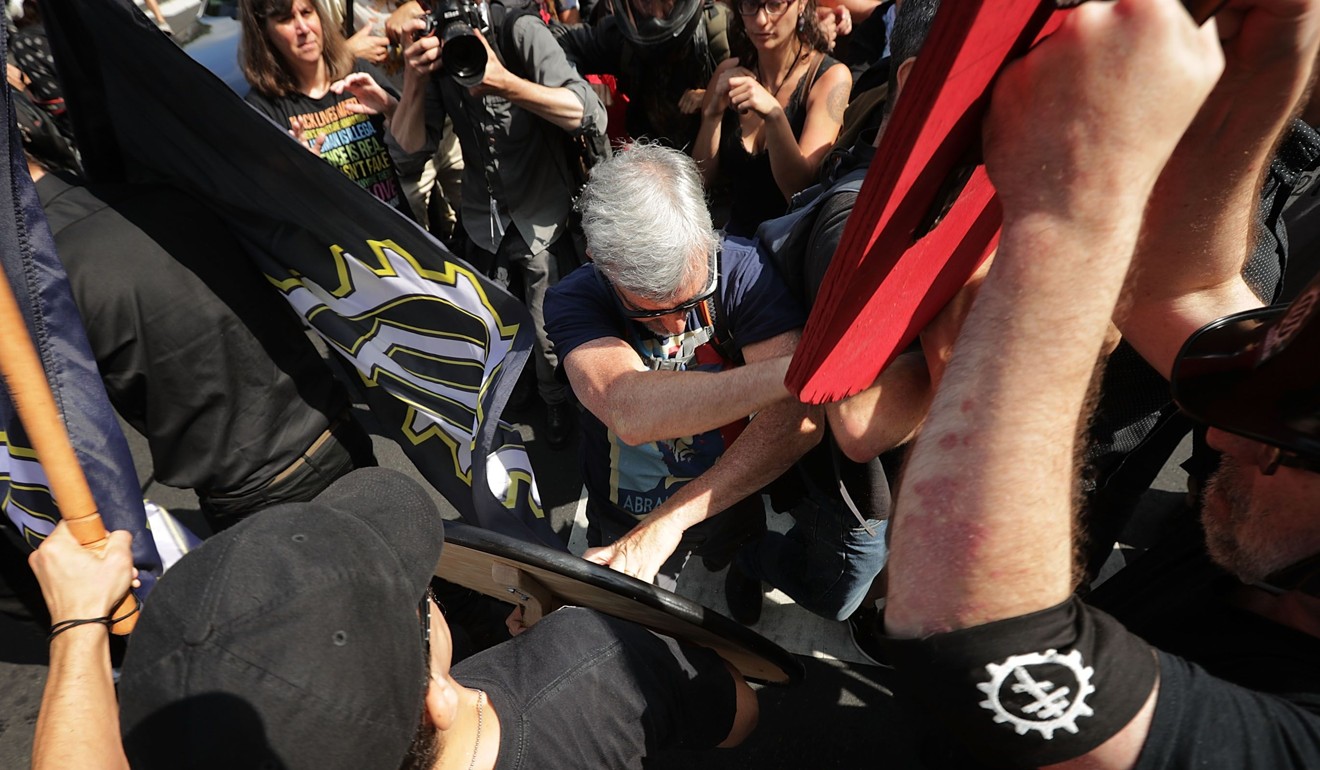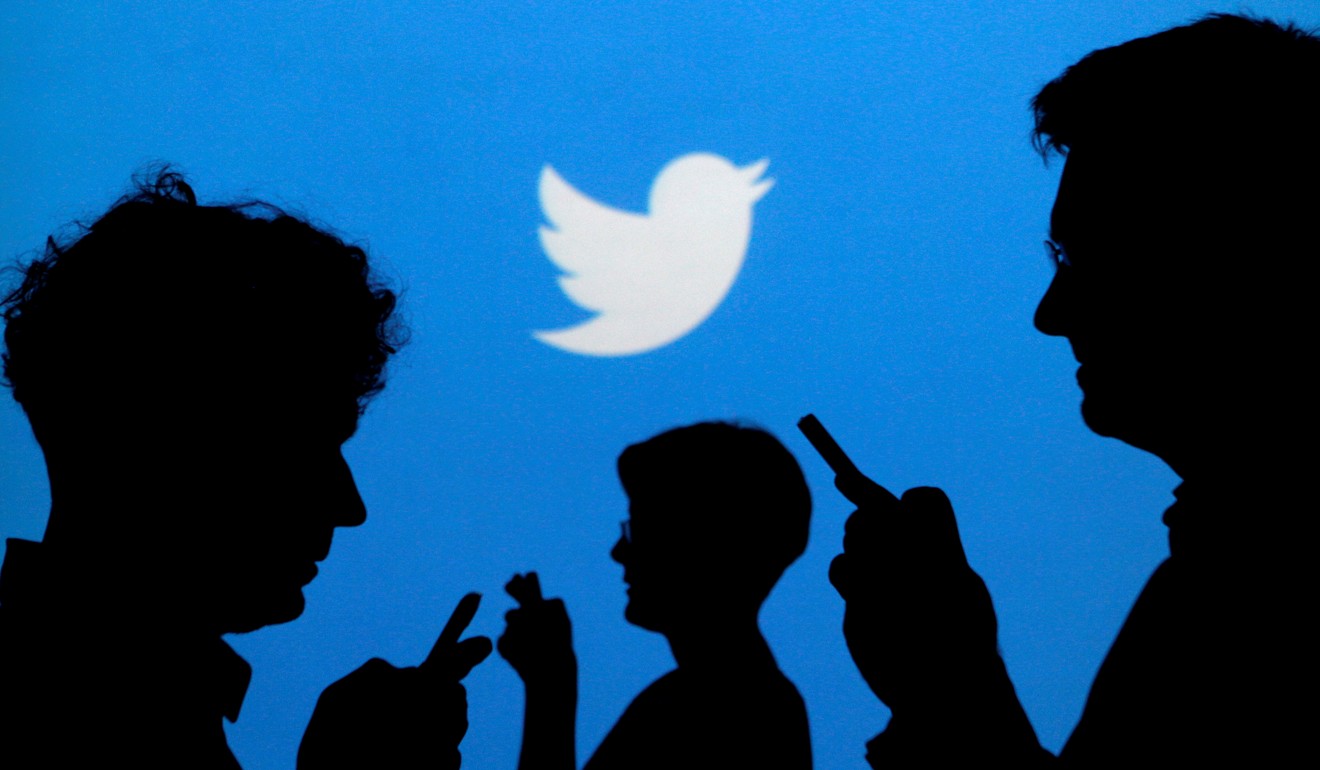
Uber and Google among tech companies kicking alt-right offline after Virginia marches
US tech companies rush to condemn last weekend’s violent white nationalist marches and penalise those who condoned them
The alt-right grew up on the internet. Now, after Charlottesville, Viriginia, some of the far-right movement’s most infamous personalities are getting kicked off.
Off Uber, Google and PayPal – in one case, kicked off the web entirely – as tech companies rush to condemn last weekend’s violent white nationalist marches and penalise those who condoned them.
“I haven’t seen them take this much action on all these platforms, ever,” said Keegan Hankes of the Southern Poverty Law Centre, which has long accused tech companies of tolerating hate speech.
“I think the shocking images people saw have created enough attention that these companies are taking action,” he said. “It looks bad if they don’t.”
Here’s a tally of which right-wing personalities have been blocked by which tech giants, and why.
The Daily Stormer, an infamous white supremacist website, has endured server-related humiliations from its online landlords in the past few days.
The site’s Web host, GoDaddy, evicted it last weekend, after the site published an article disparaging a woman who was killed while protesting the “Unite the Right” rally.
GoDaddy, which had long withstood calls to ban the Stormer, accused the site of violating its terms of service. The Stormer quickly moved its servers to Google, which promptly evicted it, too.
By Monday, the Verge reported, the site had retreated to the “dark Web”, forced to publish its white supremacist screeds through anonymous platforms that most people never see. It’s also online in Russia, apparently.
Another white supremacist group, Vanguard America, was yanked offline by WordPress after its members rallied in Charlottesville.

Uber executives personally thanked and honoured a driver who kicked three far-right celebrities out of her vehicle before the rally, accusing them of racist comments, someone with the company told The Washington Post.
The three men – Baked Alaska, James Allsup and Millennial Matt – caught an Uber ride in Washington a day before the rally.
Millennial Matt – whose Twitter feed is full of Holocaust revisionist material – said they were kicked to the curb after they called the Museum of African American History and Culture “ugly.”
But the driver accused them of worse. In kerbside video, the men argue with her about whether they made racist comments in the car.

The company permanently banned Allsup, invited the driver to give a speech to thousands of other employees this week, and defended her in a statement to The Post.
“The events surrounding the white supremacist rally in the City of Charlottesville are deeply disturbing and tragic,” the company wrote. “We stand against this hate, violence, and discrimination. Uber’s community guidelines require riders and drivers to treat each other with respect. When a rider or driver doesn’t follow these guidelines, we take swift and decisive action, as we did in this instance.”
That statement aligns Uber with its sedentary counterpart, Airbnb, which cracked down on people suspected of using its service to rent rooms for white supremacist parties during the rally, according to Gizmodo.
Discord, which is supposed to be a voice chat programme for online gamers, had by 2017 become “the alt-right’s favourite chat app,” as The New York Times put it.
A Times reporter monitored a far-right Discord server as it organised for the Charlottesville rally and saw swastikas and praise for Hitler in the chat rooms.
Discord executives knew about such hate groups before the rally, The Times reported, but cracked down only after the marches devolved into violence.
Now the Daily Stormer’s Discord server no longer works, among unspecified others.
The most prominent site to be muted may be AltRight.com, which told the gaming site Kotaku that “people in our movement will simply find other alternatives to express their views.”

One of the largest crowd funding sites, GoFundMe, said it shut down several campaigns to raise money for the man accused of driving a car into a crowd of counterprotesters at the rally, killing one and injuring many.
“Those campaigns did not raise any money and they were immediately removed,” a spokesman told the outlet.
Kickstarter, meanwhile, said it hadn’t seen any fund raisers for the suspect but had similar policies banning hate speech and the promotion of violence.
The online payment giant PayPal was accused by the SPLC of allowing hate groups to raise funds for the rally and announced late on Tuesday that it would bar users from taking donations.
“The events in Charlottesville are yet another disturbing example of the many forms that racism and hatred manifest,” the company wrote. “Prejudice, however, does not always march in the street.”

The social media behemoths Twitter and Facebook have been less active in the backlash against the alt-right.
Twitter didn’t respond to questions from The Post about its stance on Charlottesville. Earlier this year, the site cracked down on users accused of “hateful conduct,” including an avowed white nationalist.
Although Facebook hasn’t released a statement on Charlottesville, a company representative told The Post that it took down an event page for the rally over the weekend, after threats of violence and links to hate groups became clear.
Since then, the representative said, Facebook has blocked people from sharing a Daily Stormer article attacking the dead protester, unless the person who shares it explicitly condemns it in the same post.
Limited as that move was, it seemed remarkable to some.
“The Verge is unaware of any previous moderation effort in which individual employees have assessed every shared caption for a given URL,” the tech outlet wrote.

